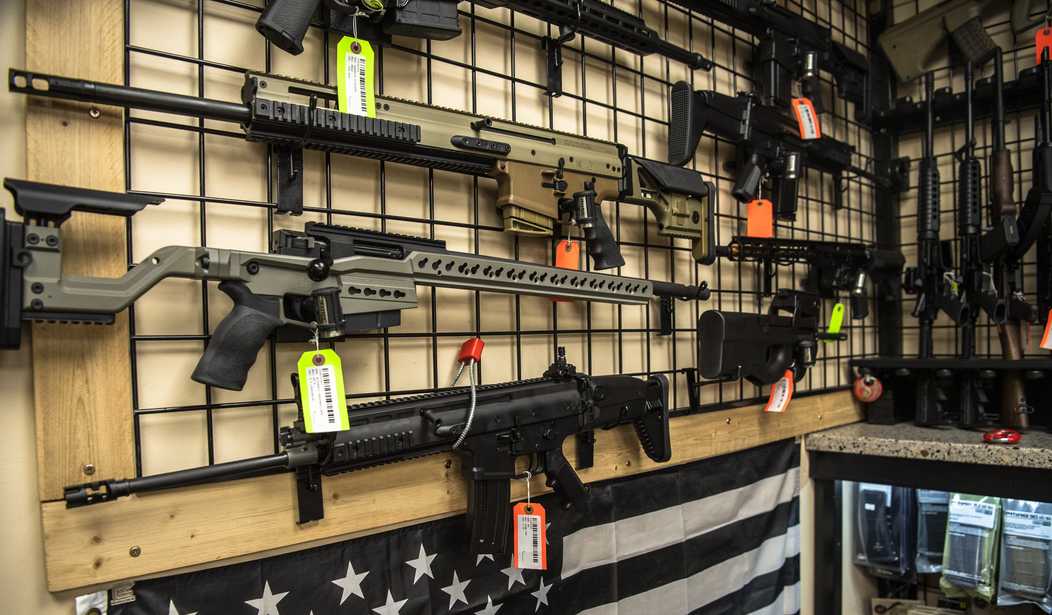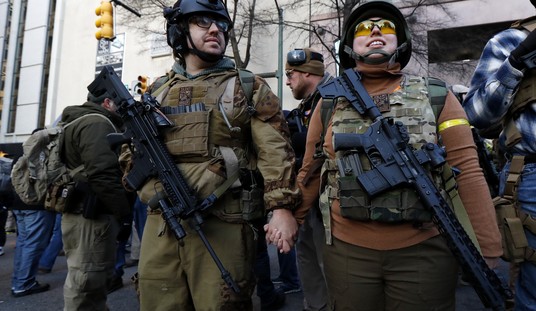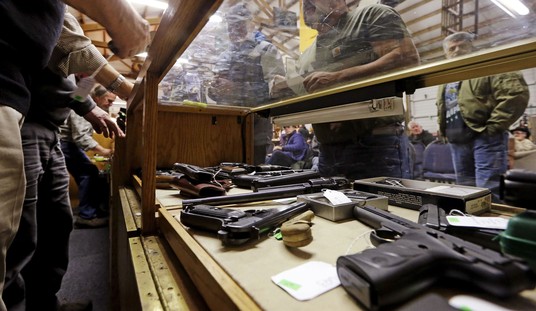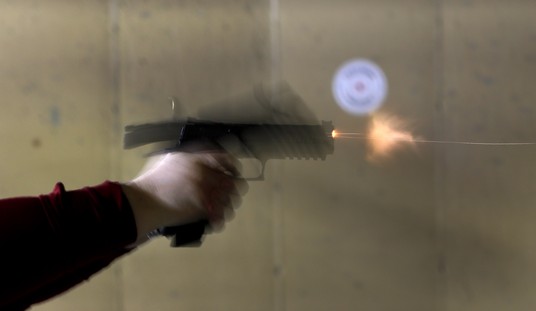The Supreme Court once again declined to involve itself in the early stages of a Second Amendment case on Thursday, rejecting an appeal by the National Association for Gun Rights and an Illinois firearms dealer to block enforcement of the state’s ban on so-called assault weapons and “large capacity” magazines set to take effect on January 1st.
Justice Amy Coney Barrett had asked both the plaintiffs and defendants to submit briefs on the issue, but in an order issued Thursday afternoon the Court denied without comment the writ of injunction that had been requested, which means the new law will almost certainly go into effect in the new year.
There’s still one remaining path towards halting at least a portion of the law from being enforced. Earlier this week U.S. District Judge Stephen McGlynn heard arguments in a request for an injunction that would block the mandatory reporting and registration of currently-owned “assault weapons”, but during the hearing the judge indicated he’s not likely to grant the plaintiffs the emergency relief they’re asking for.
“I think that there’s a mess here and there’s some problems, and I haven’t made my mind up,” McGlynn said during a hearing in his East St. Louis courtroom. “But I do think that entering an injunction today may create more problems than it’s worth.”
McGlynn said he was “inclined to deny the motion without prejudice and allow a motion to be renewed if after January 1st we see there’s very little compliance.”
The requirement that residents who owned guns banned as of Jan. 10, 2023, registered them with the state had met stiff resistance, although since the process began on Oct. 1 6,141 gun owners have registered nearly 12,100 guns and about 6,250 firearm accessories or other firearm components covered by the ban, according to state records from Dec. 8.
The degree of compliance is impossible to determine, but the number of people who had registered as of Dec. 8 represented just a little over 0.25% of the 2.4 million people in the state holding FOID cards, the state-mandated permits that authorize residents to own guns.
The appeal to SCOTUS was considered a long shot from the get-go, given the Court’s reluctance to involve itself in the early goings of any post-Bruen litigation to date and the lack of a circuit court split on the issue. Since there are only a handful of states that have imposed bans on “assault weapons”, however that term is defined, there are only a handful of legal challenges across the country. U.S. District Judge Roger Benitez has declared California’s ban unconstitutional, but that ruling is on hold while the case is appealed to the Ninth Circuit. A lawsuit against Washington State’s “assault weapons” ban is in the early stages, and a judge has yet to rule on a request for an injunction even though oral arguments were held several months ago. The Third Circuit has an “assault weapons” ban lawsuit taking on Delaware’s gun ban, but oral arguments have not yet been scheduled, while litigation challenging Connecticut’s ban is pending in the Second Circuit.
The best opportunity for the Supreme Court to weigh in may be a Fourth Circuit case known as Bianchi v. Brown, which has been pending for over a year now. The first anniversary of oral arguments before a three-judge panel on the Fourth Circuit took place last week, but we still have no idea when the decision will come down. If the panel concludes that Maryland’s ban does violate the Second Amendment, the state’s attorney general is most likely going to take his appeal to an en banc panel of the Fourth Circuit instead of filing his appeal with the Supreme Court, but if the judges uphold the ban the plaintiffs will have the opportunity to ask the justices for immediate relief. The Court has already granted cert in Bianchi before vacating the lower court decision upholding the ban and remanding the case back to the Fourth Circuit for a re-do in light of their opinion in Bruen, so it may be that they’re holding off on any decisions regarding prohibitions on semi-automatic firearms until that case comes back to them.
Even if Bianchi were decided by the Fourth Circuit today we’d be looking at several months before oral arguments would take place before the Supreme Court, and another lengthy wait until a decision was handed down. The bottom line is that these bans on commonly-owned firearms are going to remain in place for the time being, despite the damage they’re doing to the right to keep and bear arms. Illinois gun owners are now faced with the prospect of informing the State Police that they own one of these guns or risk being charged with a misdemeanor offense for failing to report. Many sheriffs and even some prosecutors have said they don’t plan on proactively enforcing the gun or magazine ban, so I wouldn’t be surprised if compliance continues to be anemic as the registration deadline approaches.
Today’s Supreme Court decision wasn’t unexpected, though that doesn’t make it any less frustrating… or dangerous, frankly. Anti-gun politicians are going to see the Court’s inaction, rightly or wrongly, as a green light to proceed with their own gun bans, and the unwillingness of the justices to intervene at an early stage in Illinois could help prohibitionists like New Mexico Gov. Michelle Lujan Grisham get an “assault weapons” ban through the state legislature when lawmakers return to Santa Fe in just a few weeks. Even though the Court hasn’t said whether or not these bans are constitutional, anti-gunners will take the justices’ silence as consent to violate our fundamental right to keep and bear arms, and by the time the Court finally does hear a challenge, millions more Americans may have been deprived of their ability to purchase or possess AR-15s and other commonly owned firearms.









